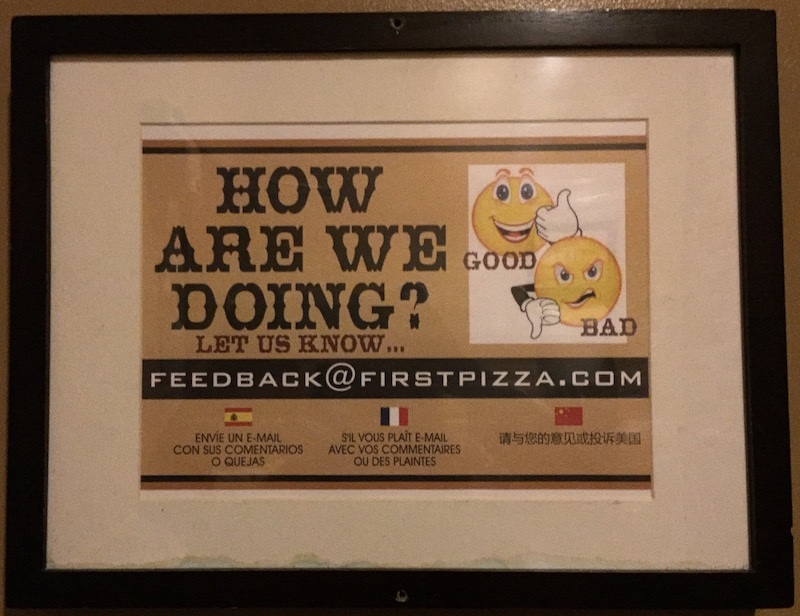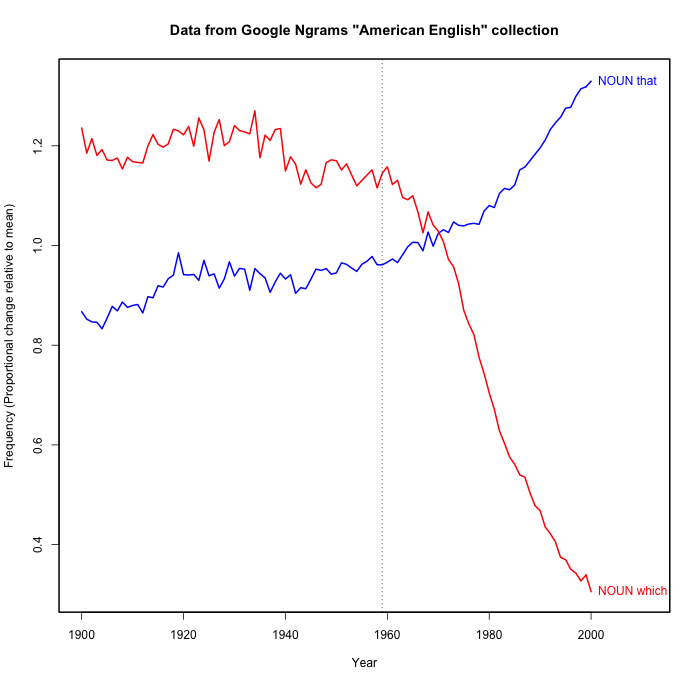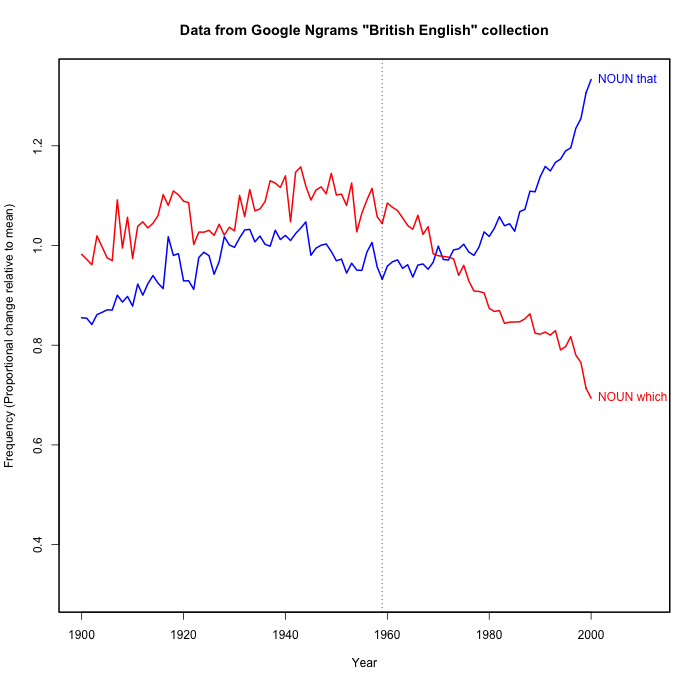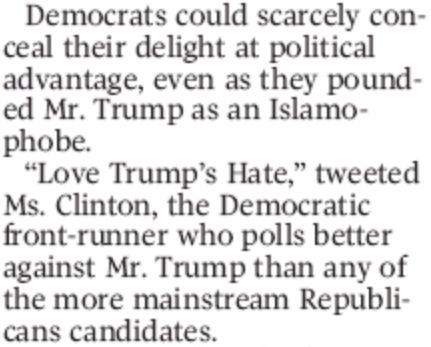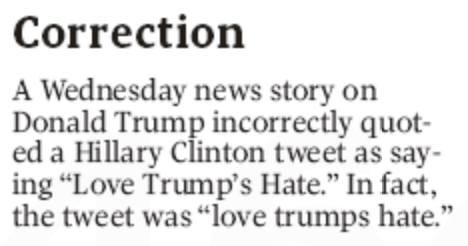My sources say that Elsevier is now actively trying to recruit scholars for the editorial team of Zombie Lingua (see these Language Log posts for the background: "Lingua is dead. Long live Glossa!", Lingua Disinformation"). Here's a redacted sample of what they are sending to people:
Subject: Editorial Position Opportunity
Dear Professor […]
First please let me introduce myself as the […] at Elsevier responsible for the Social Science Journals, including our Linguistics portfolio.
I hope you do not mind me contacting you out of the blue like this, but as you may be aware we are currently looking for a new editorial team to head up the journal, Lingua. In discussions regarding this your name was suggested as a potential candidate to be part of this team. If this is something you would be interested in considering and would like to discuss this further, with no obligations, then please let me know. I would be more than happy to provide more details of the role and responsibilities.
Thank you for your time in considering this proposal. I look forward to your reply and hope to discuss this further with you in the near future.
Best regards […]
Needless to say, I'm hoping that the community is sufficiently immunized by now and that Elsevier will fail to attract linguists to stand up a zombie version of Lingua, which would not have any legitimacy as a successor to the journal's proud tradition. The true successor to Lingua is Glossa.
By the way: Glossa is now open for business. The first few submissions have already been made.
